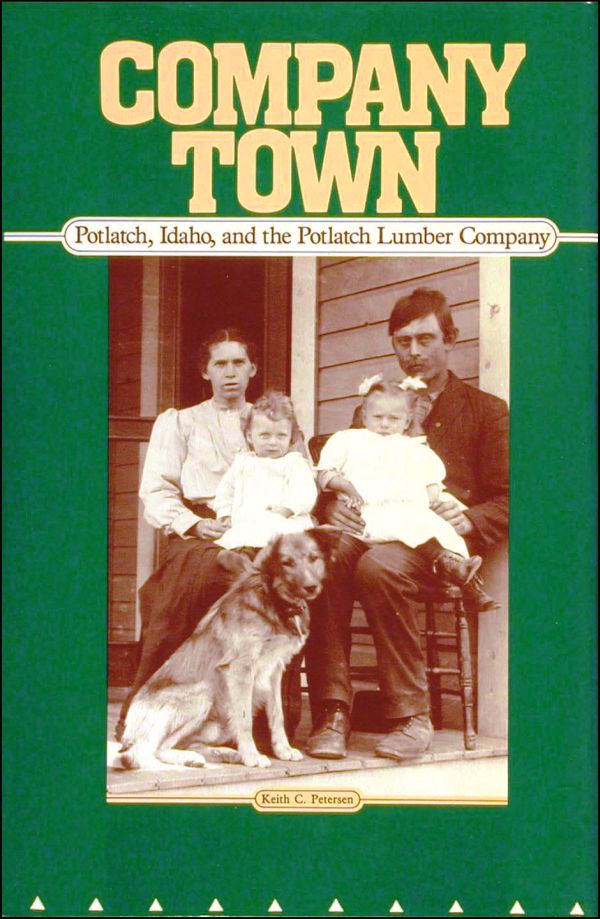Description
Railroad development and competition played a critical role in eastern Washington and northwest Idaho’s agricultural and population growth. Sweeping opportunity lured transportation moguls into the fertile Palouse country—one of the world’s most productive grain-growing landscapes. Recognizing the potential for profit, East Coast financial interests, as well as powerful Portland and Puget Sound players battled for regional economic supremacy in an intense rivalry. Meanwhile, settlers and farmers arriving in the 1870s and ’80s courted competition between railroad companies in order to reduce freight rates.
Initially as partners and later as opponents, the Oregon Railway & Navigation Co., Union Pacific, and Northern Pacific Railroad laid rail, invested capital, speculated, and built a remarkable infrastructure that included the Columbia and Palouse Railroad and its rival, the Spokane & Palouse Railway. Wheat Country Railroad offers the most comprehensive and detailed study ever compiled of the area’s late 19th and early 20th century railroading—evaluating the personalities and actions of Henry Villard, Charles Frances Adams, Elijah Smith, James J. Hill, Edward H. Harriman, Charles Mellen, and other railroad barons who vied for wealth and empire. Based on internal railroad correspondence and documents, contemporary publications and newspapers, this new study presents a unique reference work on railroads in the West and nation during the Gilded Age and beyond.
Now retired, Philip F. Beach was a political science professor for thirty-five years. He has published multiple articles on Washington and Idaho railroad history.
Illustrations / maps / notes / references / index










